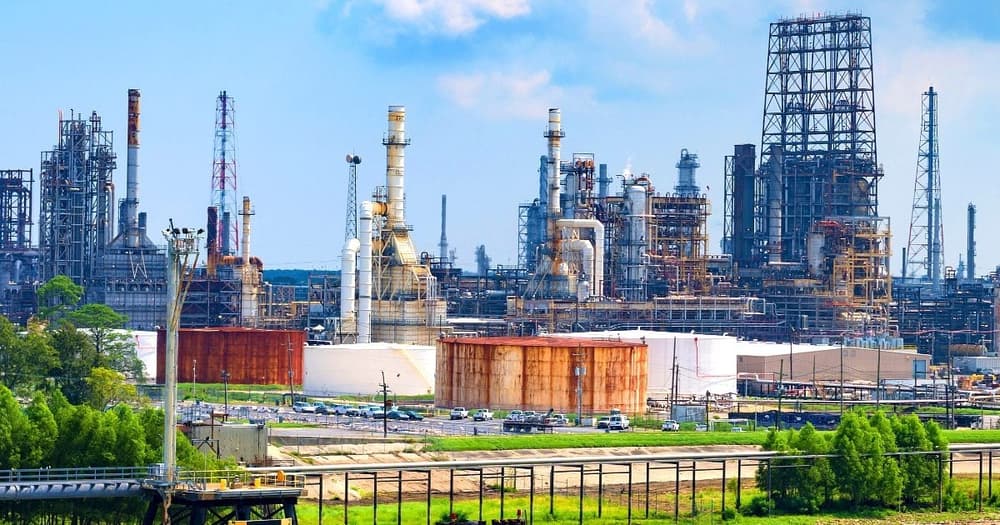Exxon Mobil will proceed with plans it had late last year and will undertake $240 million in capital improvements at its refinery in Baton Rouge, Louisiana.
The project will improve processing capability, increase flexibility for meeting market demand, advance overall site competitiveness and install technology for an expected 10 percent reduction of volatile organic compound emissions. Construction is expected to begin later this year.
The three-year modernization program will create some 600 temporary construction jobs a year between 2021 and 2023 and generate an estimated $5 million a year in sales tax revenues. It will also enable the refinery to retain 1,300 engineer, operator and technician jobs.
In addition to these existing and new construction jobs, the investment also would provide more than 20 full-time job opportunities for graduates of the north baton rouge industrial training initiative, a collaborative program spearheaded by Exxon Mobil in 2012 to provide no-cost, fast-tracked industrial craft training for community residents.
"Louisiana and the Baton Rouge community have helped make this suite of projects a reality by offering strong support and the opportunity to collaborate to ensure this investment provides benefit for our citizens and local businesses," ExxonMobil Baton Rouge Refinery Manager David Oldreive said.
"Through this investment, we will reduce the facility’s volatile organic compound emissions up to 10 percent while bringing direct value to the community through increased tax revenue and job opportunities for local residents and small and diverse businesses. ExxonMobil has made significant progress to reduce emissions globally and plans further reductions in greenhouse gas emissions by 2025."
The three-year modernization program, known as the Baton Rouge Refinery’s Integrated Competitiveness Program, or BRRIC, will help reverse that trend by improving processing capability, increasing flexibility for meeting market demand, advancing overall site competitiveness, and installing technology for a voluntary 10% reduction of volatile organic compound emissions.

